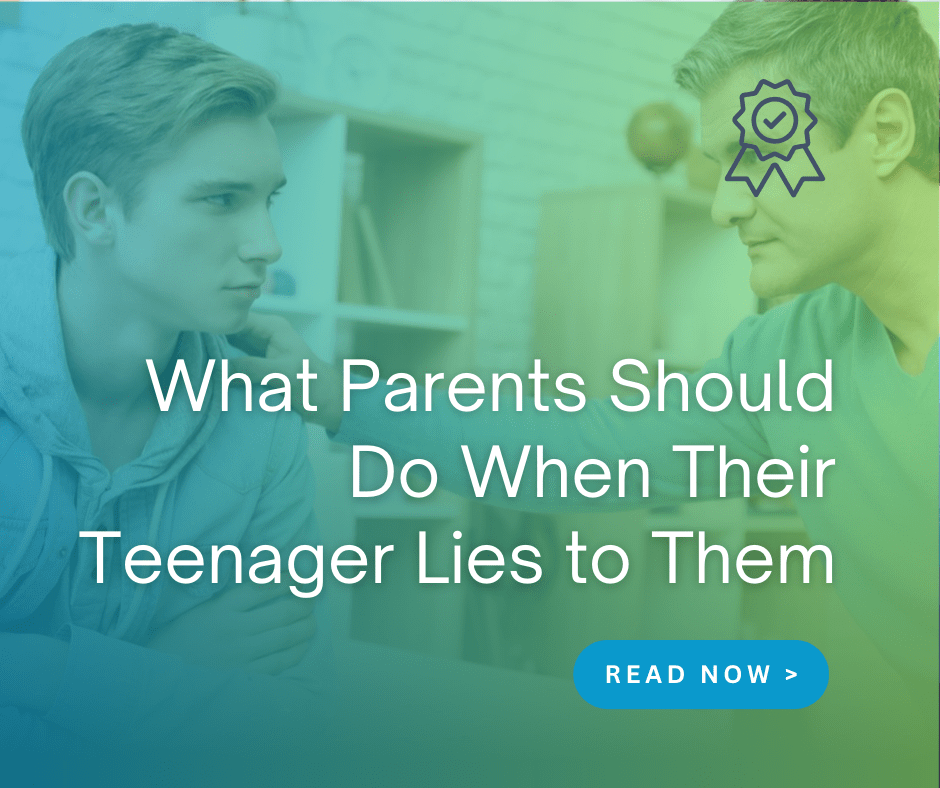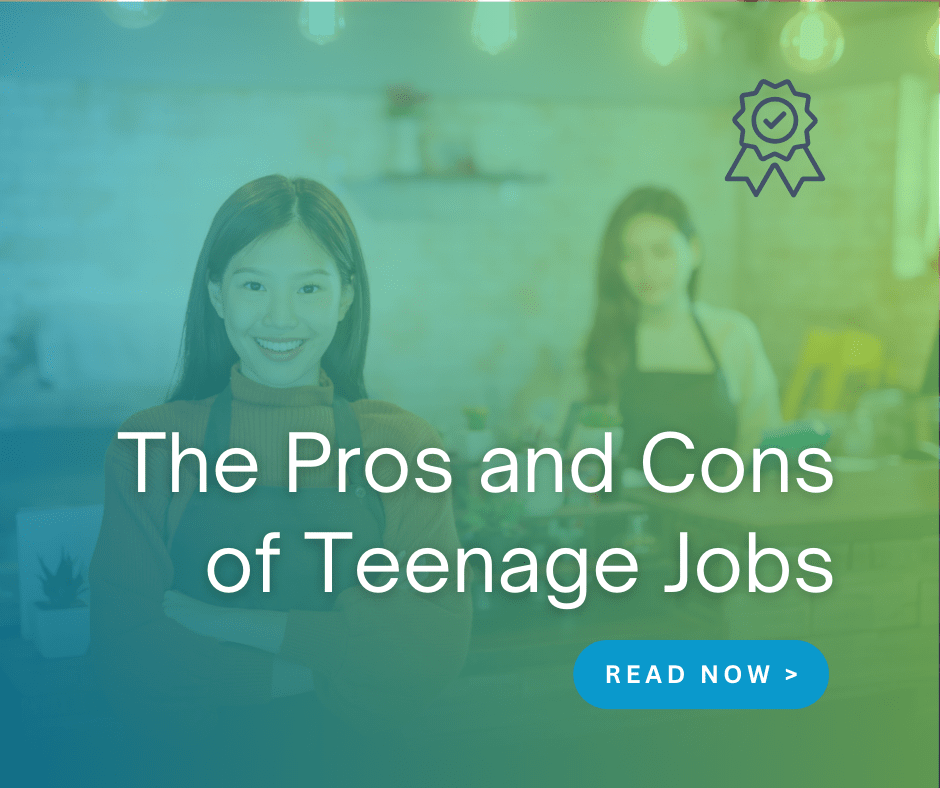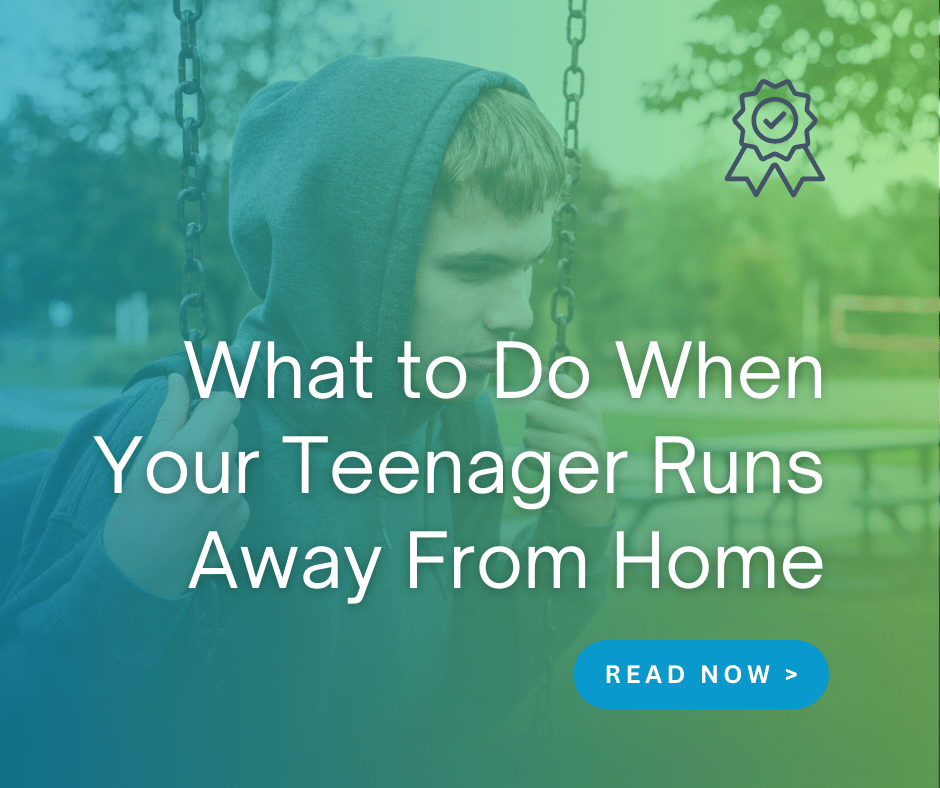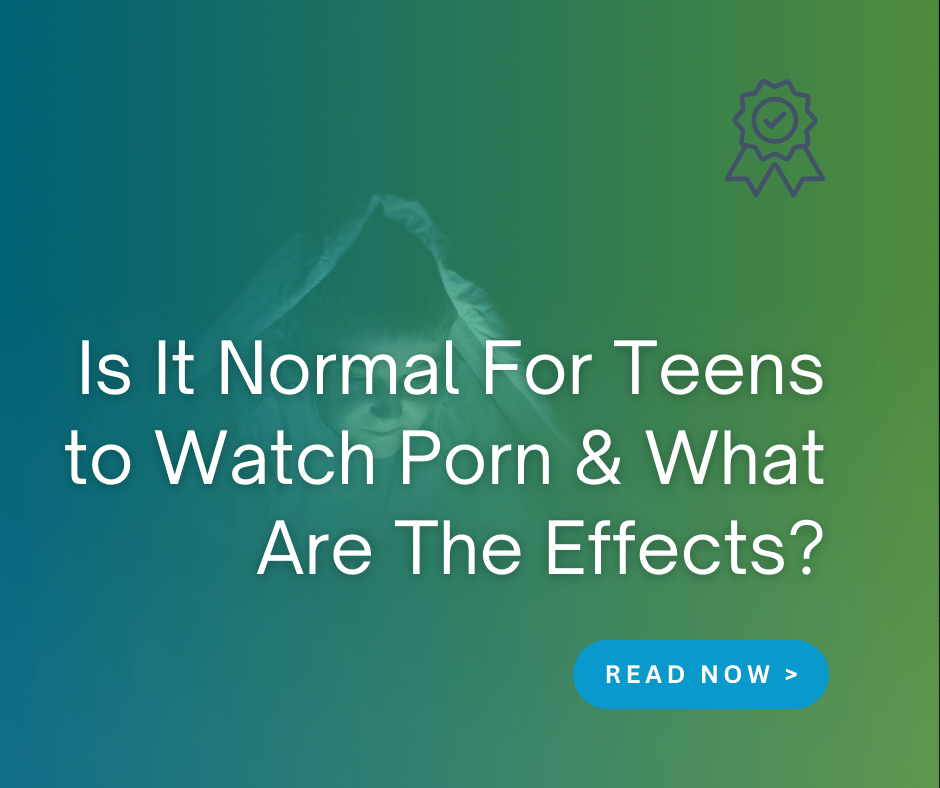 The list of things parents worry about seems endless. When kids are young, the worries are fundamental. You’re preoccupied with covering the basics like food, clothing, and shelter. You make sure your babies get plenty of hugs and kisses. Your concerns keep pace alongside them as they grow: you want them to make friends in preschool and kindergarten, you want them to excel in academics – or at least learn reading, writing, and mathematics at grade-appropriate levels – when they reach school age, and when they finally reach middle and high school, you’re ready for the social rollercoaster, the boundary-pushing, and the mystifying and often maddening process of differentiation that occurs as they form their own habits, opinions, and identities.
The list of things parents worry about seems endless. When kids are young, the worries are fundamental. You’re preoccupied with covering the basics like food, clothing, and shelter. You make sure your babies get plenty of hugs and kisses. Your concerns keep pace alongside them as they grow: you want them to make friends in preschool and kindergarten, you want them to excel in academics – or at least learn reading, writing, and mathematics at grade-appropriate levels – when they reach school age, and when they finally reach middle and high school, you’re ready for the social rollercoaster, the boundary-pushing, and the mystifying and often maddening process of differentiation that occurs as they form their own habits, opinions, and identities.
Then they turn sixteen, get a driver’s license, and the person who was once unable to do anything but eat, drool, and fill diapers suddenly wants to borrow the car and go to the mall. Their life flashes before your eyes. Every sweet memory you have culminates in this moment: you cringe, hand over the keys, and pray to deities near and far that they make it home safe and sound. Then you get on the phone to a friend, and before they even finish saying hello you blurt out:
“My teenager just took the car for the first time and I’m freaking out!”
But they’ve got you beat. Their reply:
“Yeah, well, be thankful they’re just going to the mall. Guess what happened last night? My kid got pulled over AND FAILED A BREATHALYZER.”
At which point you feel relief that’s not your kid, then you feel guilty for having that thought, then you realize your kid is no perfect angel, and then you get a terrible feeling in the pit of your stomach, accompanied by a brand-new fear you never realized you’d have to face:
What happens if my teenager gets a DUI?
That’s a terrifying thought.
And you realize you haven’t had that talk with your kid yet. You plan to sit them down as soon as they get home and make sure they know exactly how dangerous driving under the influence of drugs or alcohol can be. Before you go on a mad googling binge to prepare for the lecture, save yourself some time: we did all the googling for you.
Underage DUI: California Law
We’ll cut straight to the facts. In California, underage DUI Laws fall into three main categories:
- The Zero-Tolerance Law
- The Underage DUI Law
- The Standard DUI Law
These laws are triggered by the results of field breathalyzer tests or blood tests performed if your teen is taken into custody (yikes!). The zero-tolerance law applies when a test shows an underage individual has a blood alcohol content (BAC) of at least 0.01%, the underage DUI applies for tests that show a BAC of at least 0.05%, and the standard DUI law kicks in when a test registers a BAC of at least 0.08%. Penalties for these infractions are graduated. The higher the BAC, the harsher the penalty. Here’s what your teen faces in each instance:
- The Zero Tolerance Law carries penalties than can almost be classified as a near-miss, but not quite. There’s no jail time, no fine, and the infraction does not go on your teenager’s permanent record. They will, however, lose their license for a year.
- The Underage DUI Law carries far more serious penalties:
- Loss of license for one year, or until the age of eighteen, depending on which is longer.
- The DUI goes on their permanent record, which can affect future school, scholarship, and employment opportunities.
- A fine of $100, which you have to pay of your teen can’t.
- A required three-month DUI course – which, again, you have to pay for if your teen can’t.
- Your teen will receive two demerit points on their driving record. Four demerits in a year triggers a six-month suspended license.
- The Standard DUI Law carries the same penalties adults face when charged with DUI:
- A criminal misdemeanor goes on their permanent record, affecting future school, scholarship, and employment opportunities.
- Fines between $390 – $1000, court costs, and lawyer’s fees. These can easily add up to $10,000 or more – and you’re on the hook for every penny.
- Six months in county jail (if over 18) or a youth detention facility (if under 18).
- One year suspended license.
- Three to five years of probation.
- A three to nine-month DUI education program, which you have to pay for if your teen can’t.
That’s not all, though. A police officer doesn’t need a breathalyzer to charge DUI – they can charge your teen with impaired driving, which is almost the same as the standard DUI charge: they simply need to prove to a judge and jury your teen was driving under the influence. Depending on the circumstances, an officer can charge your teenager with a number of additional offenses as well, including underage drinking, possession of an open container in a vehicle, possession of alcohol in public, and possession of alcohol in a car. These charges each carry their own penalties, from fines to vehicle impound (and all associated fees) to community service to years of license suspension.
Parental Liability for Minor Children
There’s another wrinkle to all this: if your teen drives drunk and causes an accident involving serious bodily harm, you can be held accountable. For an in-depth discussion of parental liability for actions of minor children, read our article Parents: What’s Your Legal Liability for Your Minor Children? Alcohol, Drugs, and the Law. For the purposes of this article, we’ll stick to parental liability with regards to DUI, but first, it’s important for all parents to understand the broad strokes of parental liability laws, starting with California Civil Code section 1714.1:
“Any act of willful misconduct of a minor that results in injury or death to another person or in any injury to the property of another shall be imputed to the parent…for all purposes of civil damages, and the parent or guardian having custody and control shall be jointly and severally liable with the minor for any damages resulting from the willful misconduct.”
The law limits financial liability for each intentional act to $35,000. Where underage DUI is concerned, this law acts in concert with another, California Vehicle Code section 17707:
“Any civil liability of a minor arising out of his driving a motor vehicle…is hereby imposed upon the person who signed and verified the application of the minor for a license, and the person shall be jointly and severally liable with the minor for any damages proximately resulting from the negligent or wrongful act or omission of the minor in driving a motor vehicle.”
This means you’re on the hook for any damages your underage child causes while driving – over and above all the fines and fees associated with a DUI charge. But we’re not done yet: if, for some reason, you provide alcohol to your underage child and they subsequently drive, get in an accident, and cause an accident, you’re not only exposed to lawsuits in the tens of thousands of dollars, but – under California’s Social Host Accountability Laws – you can also spend a year in jail.
The Worst-Case Scenario
This question may have been in the back of your mind the entire time you’ve been reading this article:
“What if my kid drives drunk and kills someone?”
This is indeed the worst-case scenario on too many levels to count. First, of course, there’s the suffering of the victim and the victim’s family to consider: no one wants to be responsible for bringing that kind of nightmare to another family. Second, there’s the fact that your teenager could be charged with vehicular manslaughter, gross vehicular manslaughter, or DUI murder. For your teen, the legal consequences of conviction on these charges are fines of up to $10,000 and up to fifteen years in prison. For you, the legal consequences are those provided for by the Social Host Accountability laws described above.
How to Prevent the Worst-Case Scenario
This is also how to prevent any scenario involving underage DUI: talk to your teen. Make it clear DUI is no joke. We provided solid information on California law. Now it’s your turn to get your facts together by visiting the following websites and reading their information:
- The Centers for Disease Control (CDC) page on teen motor vehicle accidents here. Pay special attention to the Risk Groups and Risk Factors sections of this page.
- The CDC page on teen DUI here. Make sure to download:
- National Highway Traffic Safety Administration page on DUI here. This page also includes information your teen needs to know about the effect of alcohol on their ability to drive. Make sure they know how quickly they can go from fully functional and safe to impaired and dangerous. They need to know these are physiological facts, not parental paranoia.
- The Alcohol Policy Information System (APIS) page on California underage drinking laws here.
- The National Institute on Alcohol Abuse and Alcoholism page on underage drinking here.
Don’t wait until it’s too late to have the drunk driving talk with your teenager. In case everything we just provide you isn’t enough, or you don’t want to click, download, and print the documents, here’s what you need to say to your teenager about drinking and driving:
- You shouldn’t be drinking in the first place.
- If you do drink, you definitely shouldn’t drive.
- You could hurt yourself.
- You could hurt someone else.
- You could end up on probation, doing community service, in real adult jail, or in juvenile detention.
- You can end up paying ridiculous amounts of money on court fees, fines, and lawyers.
- You can get your license suspended until you’re eighteen.
- You can hinder your chances at getting into your college or university of choice.
- You can reduce your chances of getting scholarship assistance from colleges or universities.
- You can reduce potential employment and career opportunities in the future.
That said, we firmly recommend making your teen sign the CDC Parent-Teen Driving Agreement. Get it in writing before you hand over the keys. The conversation, the knowledge, and the written agreement may all seem heavy-handed, but that’s fine – do it anyway. Also, many teens rebel at boilerplate agreements. That’s fine, too – they can get over it. And if you’re lucky enough to have a teen who makes good decisions and would never in a million years consider driving drunk, don’t leave it to chance – do it anyway. The consequences of ignorance, in this case, far outweigh any possible argument for not presenting your teen with all the available facts, making sure they understand them, and making them agree to never, ever, ever risk driving drunk.












